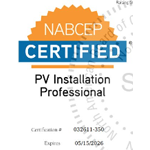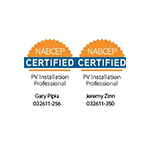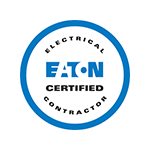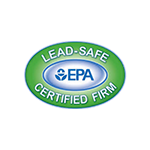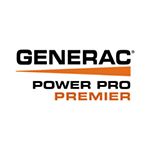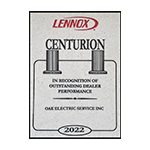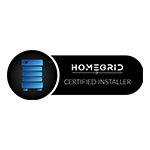For many people, capacity or load rating is the premier factor to consider when shopping for a generator. The consideration makes sense since you need a generator that can provide adequate power for all your loads. However, you should also consider the critical factors below.
Fuel
Generators are available for different fuel types. Examples include:
- Natural gas
- Liquid petroleum gas
- Gasoline
- Diesel
All these fuel types have different strengths that make them suitable for different circumstances. For example:
- Natural gas is cost-effective and widely available
- Propane has a long shelf life, so you can store it for a long time
- Diesel is powerful and efficient
Evaluate your circumstances and choose the best fuel.
Sensitivity
You should also consider the sensitivity of the appliances or devices you want the generator to run. For example, many electrical devices operate on 120 volts, which many conventional generators produce. However, some generators cannot maintain the voltage at 120, causing it to fluctuate well below and above that figure.
Unfortunately, some electrical devices are sensitive to fluctuating voltages. Determine the sensitivity of the devices you want the generator to run and buy a generator with the appropriate sensitivity.
Environment
You should also match the generator to the environment in which you wish to operate it. This would include situations such as when:
- You need a portable generator if you won’t be operating it in a fixed location
- You need a rugged generator if you plan to operate it in the field, for example, on construction sites
- You need an all-weather generator if you plan to use it on different forms of weather
However, you don’t need to worry too much about the operating environment if you want a backup generator for your home. Just know that you will need a flat surface in a well-ventilated area for the generator’s placement.
Ease of Use
Generators have different features for convenience or ease of use. For example, some generators have:
- Feature electric starts, for example, buttons that make them easy to start and stop
- Voltage switch that you can use to select 120 V or 240 V, depending on your appliance needs
- Wheels that help move the generator around with ease
- Automatic starts and stops that automatically starts the generator during a power outage and shuts it off if power comes back
- Fuel level gauges that indicate the level of fuel remaining
- Multiple outlets for plugging in multiple appliances
People place different weights on these features. Discuss your preferences with your electrician to help you choose the most convenient generator for your case.
Noise Levels
You should also consider how sensitive you are to noise since generators differ in their noise levels. As a rule, smaller generators produce less noise than their bigger counterparts do. However, noise levels differ even among generators within the same level capacity-wise.
For example, you need the quietest generator if you need backup power for your home office only. That way, you can place the generator as near to your office as possible and not worry about the noise.
Safety
Electricity can be dangerous. Consider generator safety features and choose the safest your budget allows. Here are some generator safety features to consider:
- Integrated circuits breakers that cut of electrical power in case of a fault that might cause damage or injury
- Low carbon monoxide (CO) emissions that reduce the risk of CO poisoning
- Automatic low-oil shutoff that turns of the generator if it detects low oil levels that can damage the generator
Even with a safe generator, remember to follow the instructions for use and safety protocols your electrician will give you.
Oak Electric has a wealth of experience with generator installations and service. Contact us with your needs, and we will help you choose the best generator for your case.













